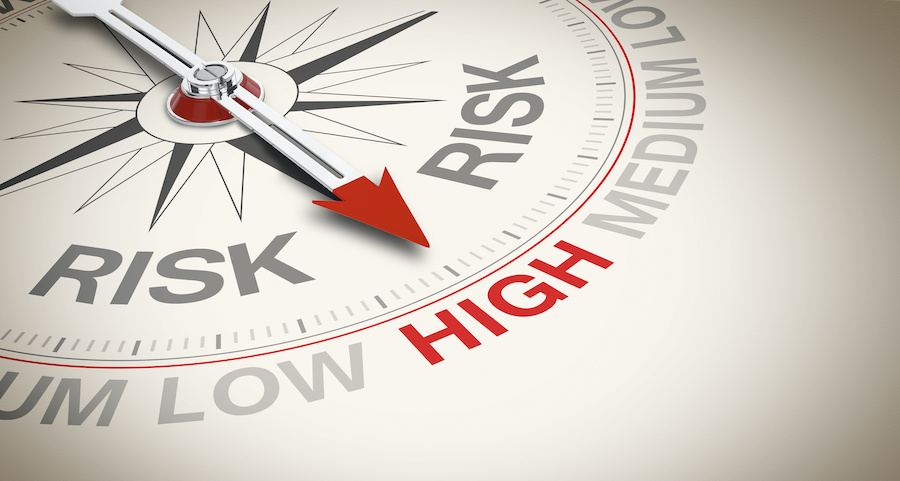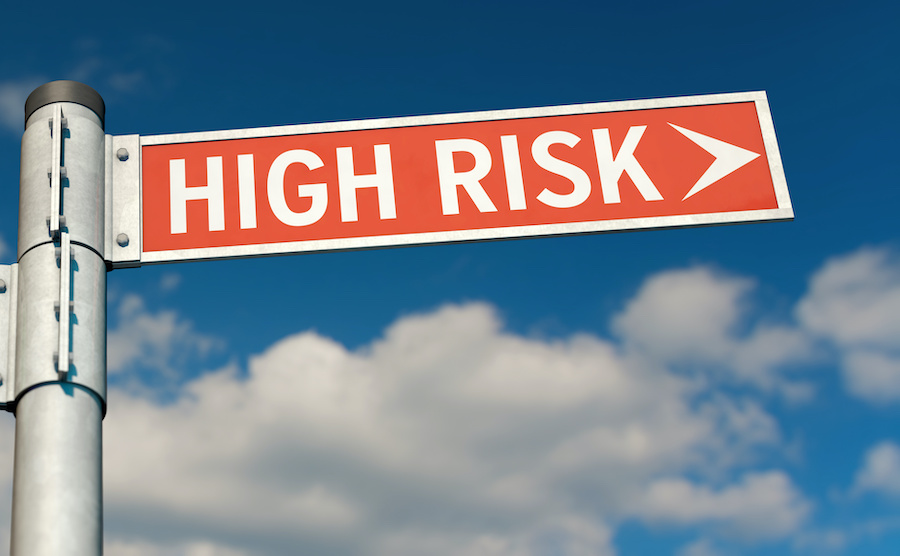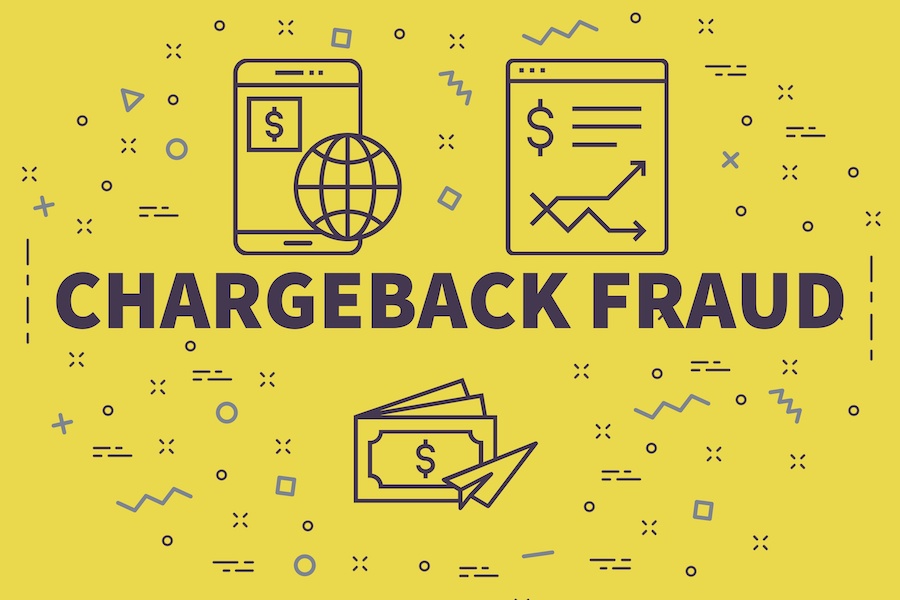
Nearly every small business now accepts debit and credit cards. In order to do so, they work with credit card processing companies to facilitate transactions through financial networks. Unfortunately, payment processors and banks consider some merchants to be high risk.
There are many things that give payment processors and banks reason to be wary of risky merchant accounts. Often times, a high risk merchant isn’t able to obtain credit card processing services through traditional channels. The merchant must seek out a specialized service provider able to meet the particular needs of that business.
Questionable Products or Services
Among the many factors that go into determining whether or not a merchant is high risk are the products or services being sold. Some types of products are considered questionable despite being legal. For example, consider adult oriented material of a sexual nature. Companies in the low risk payment processing business just don’t want to get involved with such products.
Another example is cannabis. Cannabis is still considered a controlled substance by the federal government even though many states have legalized it. The threat of federal interference discourages financial institutions and payment processors alike from getting involved with cannabis-based businesses.
High Risk Products or Services
There are other products and services considered high risk but not necessarily questionable. These are products and services that tend to encourage chargebacks. Computer software is an excellent example. It is not unusual for customers to purchase software only to be unsatisfied and seek to return it. Every disputed transaction creates a chargeback.
Other examples of high risk products include seasonal items, entertainment and sporting event tickets and digital products. Examples of low risk products include office supplies, household goods, clothing and printed materials.
A company whose primary products are high risk is likely to be considered a high risk merchant. A merchant who sells only a few high risk products alongside a larger inventory of low risk products is more likely to be considered low risk.
Monthly Sales Volume
Believe it or not, merchants with exceptionally high monthly sales volumes are considered high risk. The higher the monthly sales volume, the higher the risk of excessive chargebacks that could leave credit card companies and banks seeing red. A general rule suggests that merchants with monthly sales over $20,000 are considered high risk.
Average Transaction Value
Similar to monthly sales volume, average transaction values can present risk. Merchants with average transaction values in excess of $500 are normally considered high risk. Once again, the issue here is potential harm from chargebacks.
Certain industries are more prone to chargebacks than others. For example, credit card and payment processing companies are reticent to open merchant accounts for companies in the gaming, adult entertainment and travel industries because their chargeback rates are typically higher than the average merchant.
High Chargeback Volume
Given that chargebacks are so problematic for credit card companies and payment processors, it should be no surprise that a low risk merchant can be reclassified as high risk due to high chargeback volume. Simply put, incurring excessive chargebacks can cause a merchant’s status to change.
Payment processors are known to keep MATCH lists designed to flag merchants with high chargeback volumes. MATCH lists were originally developed by MasterCard for this very purpose. The information on such lists is routinely used by banks and payment processors to evaluate the risk associated with new merchant accounts.
Unethical Marketing Practices
It is generally accepted that legitimate businesses confine their marketing efforts to those deemed ethical by common standards. For purposes of illustration, bombarding inboxes with spam is not considered appropriate. Merchants willing to engage in inappropriate and unethical marketing practices are not viewed favorably by banks and payment processors. Businesses willing to embrace unethical marketing practices can be classified as high risk.
Offshore Operations
Finally, offshore businesses are generally considered high risk by default. Why? Because they present exceptionally high risks where legal enforcement is concerned. Offshore businesses can be subject to a different legal environment in everything from banking to marketing. Banks and payment processors typically don’t want the liability that comes with supporting offshore businesses.
There is also built-in suspicion to consider. Banks and payment processors have to wonder why businesses locate offshore. If they do so to get around legal requirements, they could create problems that go above and beyond chargebacks and questionable products and services.
Being considered high risk can prevent a merchant from obtaining the most favorable payment processing services. However, high risk merchants are not without options. They simply have to pay more for specialized services tailored to their needs.
If your business has been classified as high risk or you are seeking a new high risk merchant services provider, check out our recommended companies.



